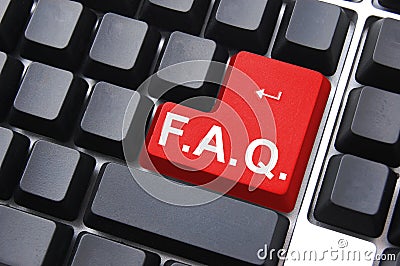Questions most asked about using a writing service
Seek domain experts as well as reliable referrals from people whose content you admire. Domain specialists should already be up to speed on technological and market issues. Then, provide them with as much source material as you can, especially with good examples of the kind of content you’re looking for in terms of voice and style. If you have a style guide or a template to share with them, so much the better. If possible, get writers who have real “news” credentials: people who’ve worked in business and technology journalism, or writers who can show a rich portfolio of the type of content you want. Journalist instincts enable storytelling of your value proposition in the way customers and users will find most credible. You want writers who naturally share the reader’s POV.
2. How can the contractor ensure high quality content that stays within budget when deadlines are really tight?
Again, a good rule of thumb is to seek out writers who have a background as a reporter or editor. The best ones will have a reputation for “eating deadlines for lunch”.
3. We have a variety of writing projects that range from web copy to case studies, application notes, FAQs and white papers. Is it possible that all these skills exist in the same writer(s)?
The best writing services cover these specialties and work in collaborative teams under one roof, so to speak. This ensures integrated content and project management efficiencies. Seek out a reputable service with accomplishments on both sides of the desk — consulting to and in-house executive management at start-ups, mid-size enterprises and global brands. They should have experience in all flavors of content from web-based product publicity to corporate PR and issues management to advertising. Such a service should understand the all-important context in which in each message must be presented, based on how it will be received and consumed.
4. What’s the most productive process for creating content and delivering successful outcomes?
As trite as it may sound, it’s critical to be prepared. On the client side, it’s useful to have a messaging “scaffold” prepared for your writing team that can succinctly answer the following: 1) What’s the target customer profile for this content? 2) What are the key market dynamics/requirements influencing the audience you’re targeting? 3) What are your compelling reasons-to-buy propositions? 4) What core benefits do you deliver? 5) What are your key differentiators? 6) How do you summarize your strategic advantages?
Your writing team should have a methodology for streamlining the content creation process. This should include: 1) A clear scope of work and budgetary guidelines; (2) firm grasp of the project initiatives and associated deadlines; 3) a game plan for working with key client stakeholders; 5) recognition of the readership-per-project; 6) knowledge of audience concerns and needs; 7) compilation of proof points to substantiate claims and confirmation of the tone/voice for each project; 8) ability to storyboard findings; 9) development of tight outlines, first drafts and final revisions that always meet deadlines.
Customer-relevant content, kept fresh on your site, is currency in today’s marketplace. It’s the primary way to get found in an increasingly in-bound world of B2B marketing.

